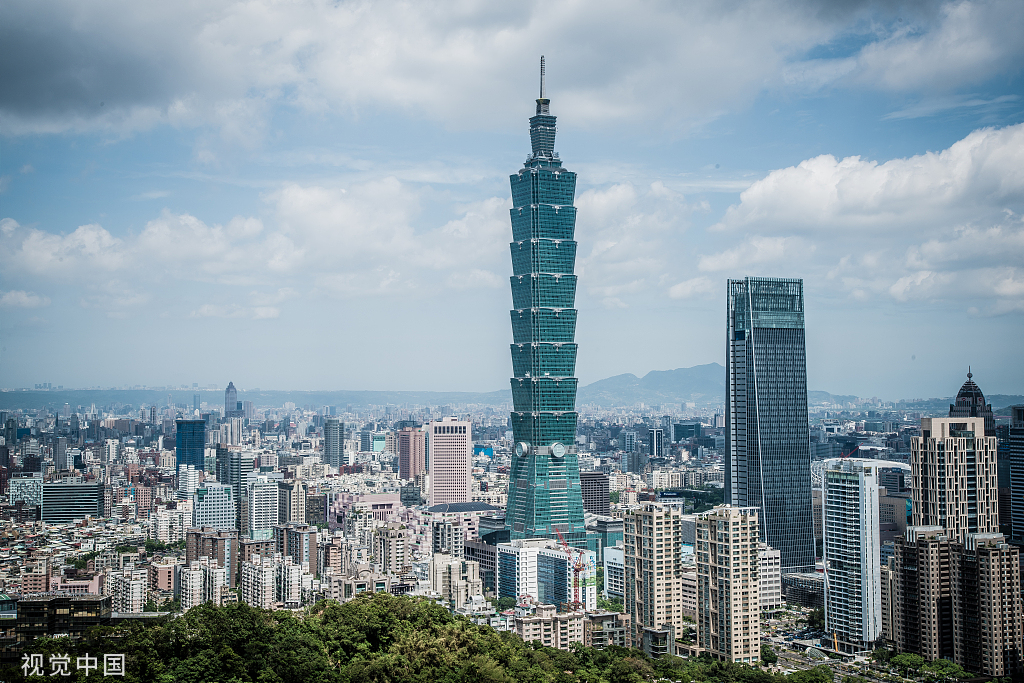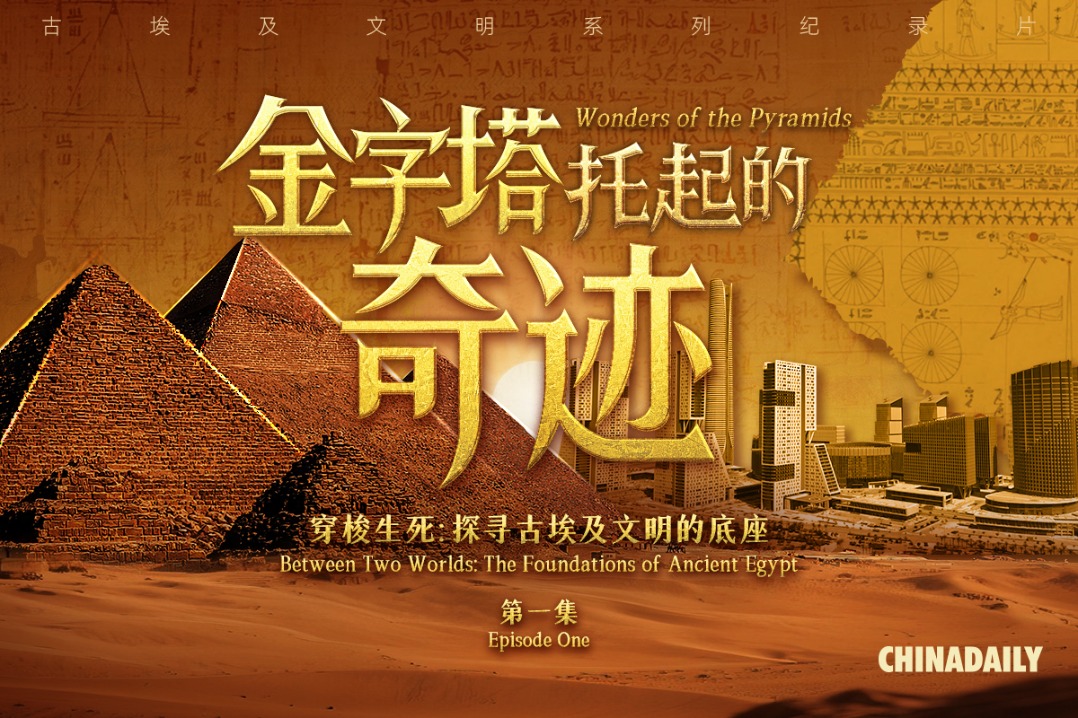Washington playing with fire by using 'Taiwan card'


The United States approved the sale of $8 billion worth of F-16V fighter jets and other military equipment to Taiwan last week, with the US Defense Security Cooperation Agency issuing a statement claiming the multibillion-dollar arms sale would serve the interests of the US and help Taiwan maintain "credible defense".
This is another mass sale of advanced weapons by the US to the island since 1992 when the George H.W. Bush administration sold 150 F-16A/B fighter jets to Taiwan.
The latest weapons sale to the island comes at a time when the US is readjusting its foreign policy toward China, and the two major powers are locked in conflicts over several issues. The US has been violating the one-China policy it agreed to and the international community has been following for decades, and blatantly meddling in China's internal affairs, which have further deteriorated Sino-US ties.
Washington did not stop using the "Taiwan card" even after establishing diplomatic relations with Beijing in 1979. In fact, many US strategists believe that by using the "Taiwan card", the US can still prevent Beijing from expanding its influence.
In particular, after the incumbent US administration labeled China as its primary rival, Washington has adopted a hard line against Beijing on issues such as trade, the South China Sea and Taiwan.
The US is using the "America first" policy to reconstruct the global economic order and strengthen military ties with its Asian allies. Resorting to the "Taiwan card", the US is strengthening its "defense" ties with Taiwan, and intends to make arms sale to the island a "regular affair", in a bid to check the rise of the Chinese mainland.
The US, in fact, has struck five deals with Taiwan within three years, including three this year, to sell weapons to the island. And with each deal, it has offered more advanced and aggressive weapons and equipment to the island, with the latest sale including F-16V fighter jets.
By selling more advanced weapons and equipment to the island, Washington is violating the three Sino-US joint communiqués and the one-China principle, which will inevitably raise tensions in the region and further sour Sino-US ties.
It is likely the US is selling the advanced weapons and equipment to Taiwan keeping in mind the island's leadership election in 2020. Opinion polls indicate a fierce competition among several candidates for the leadership, but since the US supports Tsai Ing-wen and intends to use her as a tool against the mainland, it is desperate to ensure she wins the election. Its decision to sell the F-16Vs to Taiwan could be part of its design to propel Tsai's image so she could win the leadership election.
Besides, by selling more aggressive weapons to Taiwan, the US also intends to send Tsai a message-that she should make greater efforts to resist the mainland which has vowed to nullify any efforts to seek "Taiwan independence" after the Tsai administration refused to recognize the 1992 Consensus that there is only one China and both sides of the Taiwan Straits belong to one China, and enacted laws to curb cross-Straits exchanges.
The sale of F-16Vs to the island indicates the US administration is intensifying efforts to interfere in China's internal affairs. It has already passed a number of "acts" to override the three Sino-US joint communiqués. Apart from the provocative Taiwan Travel Act, the John S. McCain National Defense Authorization Act for Fiscal Year 2019 and the Asia Reassurance Initiative Act of 2018, the Congress is likely to pass the Taiwan Assurance Act of 2019, dealing another serious blow to Sino-US ties.
More important, in the escalating trade war the White House has launched against Beijing, Washington could use the "Taiwan card" as a bargaining chip to force Beijing to compromise on certain issues. But by mixing the trade conflict with the Taiwan question, the US would risk dragging Sino-US ties to a point of no return.
The author is a researcher at the Institute of Taiwan Studies, Chinese Academy of Social Sciences. The views don't necessarily represent those of China Daily.


































